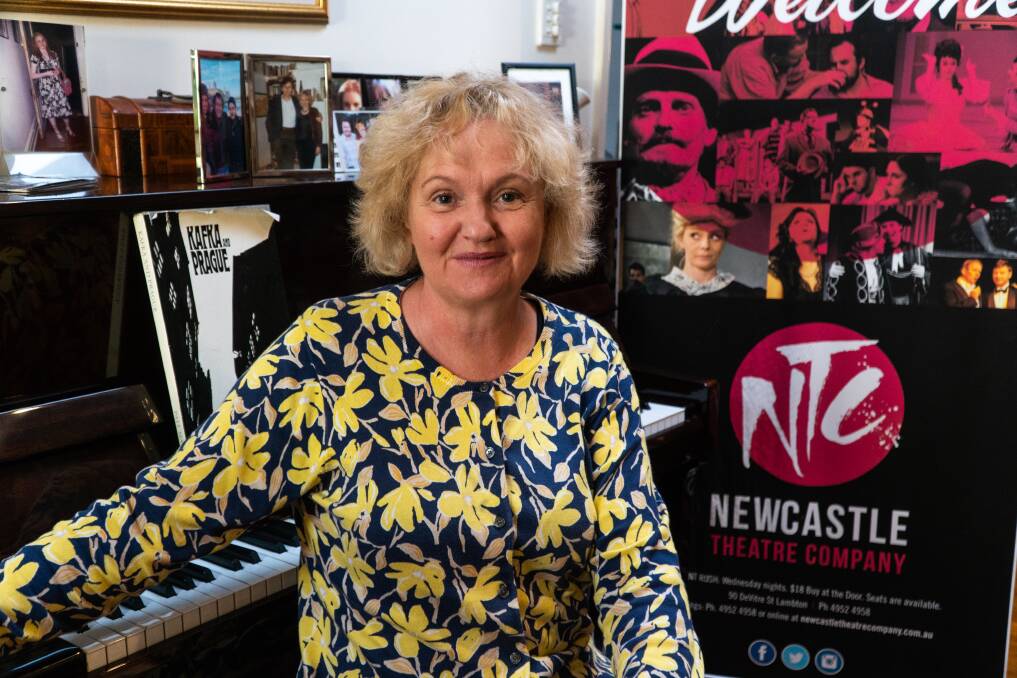
NEWCASTLE playwright and director Carl Caulfield and his wife Felicity Biggins encountered one problem after another when they drove from Paris to Prague while holidaying in Europe in 2015.
Subscribe now for unlimited access.
$0/
(min cost $0)
or signup to continue reading
Heavy snowfalls in the 1000km two-day journey which began on New Year’s Day, and then the person who opened the door at their lodging denied that the man they had to contact lived there.
On their return journey from Prague to Paris, they encountered a pair of corrupt police when they stopped to buy petrol near the border of Czechoslovakia and Germany. The cops asserted they needed to have a permit to cross the border and threatened to issue them with a 2000-euro fine for not having one unless they handed over their spare cash.
Their travails led Carl to write a play, Postcards from Kafka. Carl is a fan of the renowned Czech novelist and short-story writer Franz Kafka, who lived in Prague and died there in 1924. The visit to Prague gave him the chance to visit a museum in his honour.
Newcastle Theatre Company (NTC) will premiere Postcards from Kafka from May 31 next year. Caulfield will direct.
Biggins noted the play is a dark comedy set in present-day Prague, with flashbacks to a rare happy time in Franz Kafka’s life when he was living in Berlin with a woman called Dora Diamont. The present-day scenes have an Australian academic, Marcus Murray, visiting Prague with his wife and daughter, hoping to broker a deal with a couple of Czech post-graduate students who claim to have discovered a cache of papers belonging to Franz Kafka.
But, in line with the real experiences of Carl and Felicity, the Australian trio enter into a nightmare of bureaucracy, corruption and extortion, and Murray finds his own life at stake. The flashbacks show Kafka in love and writing short stories, letters and postcards. And, at the play’s climax, the two worlds collide in ways that are hilarious and moving.
Many of Carl Caulfield’s plays have been staged nationwide and globally, with Being Sellers, an hour-long show that had a solo performer as actor Peter Sellers reflecting on his life and work when he was near death in a hospital, having the writer as the title character in many stagings.

